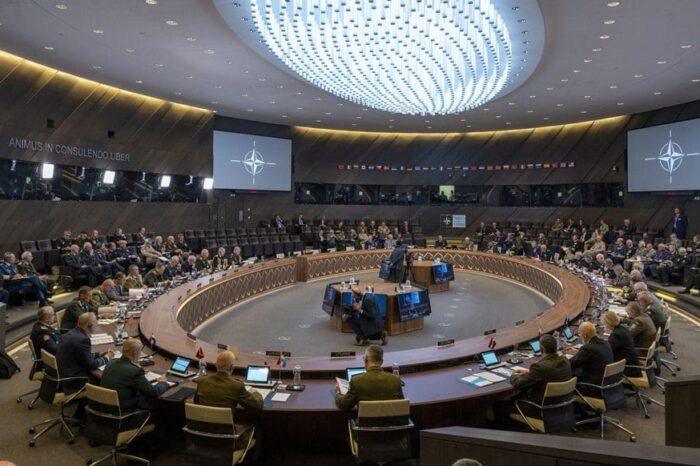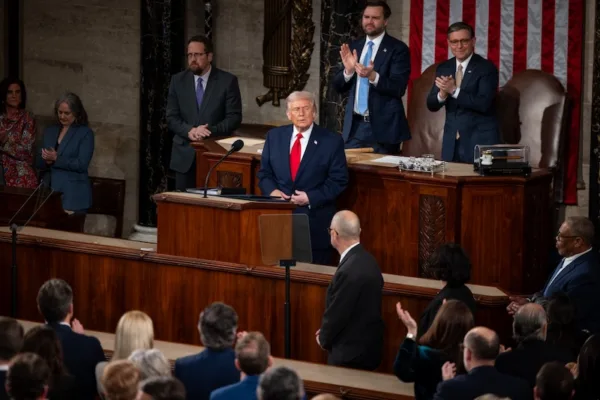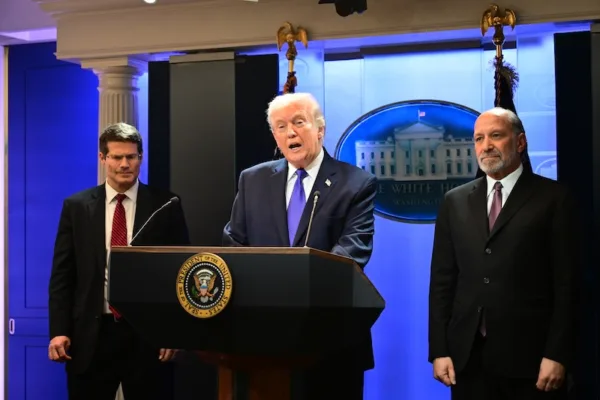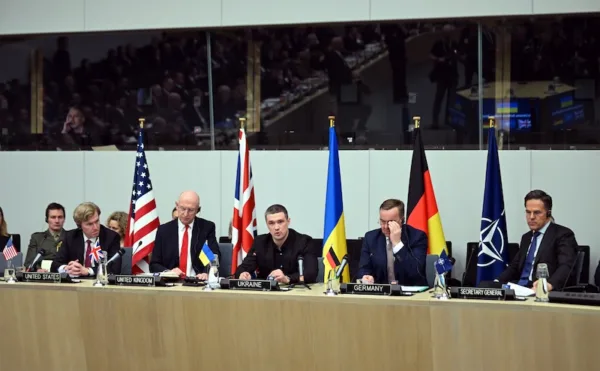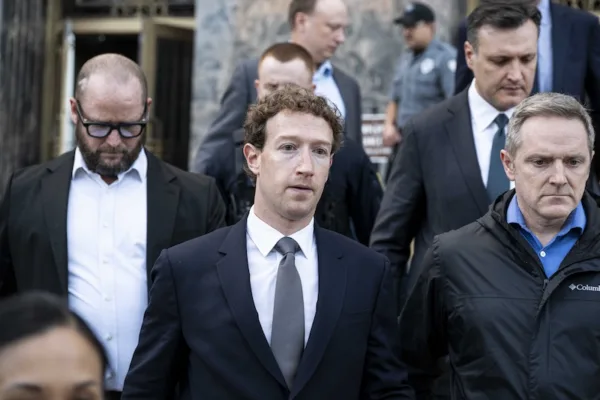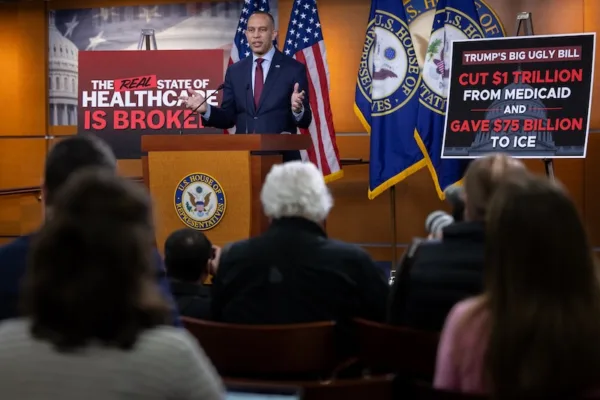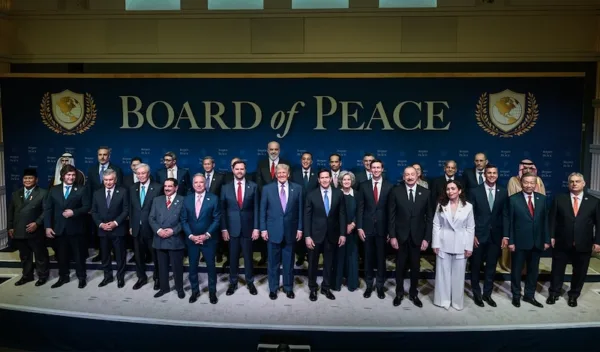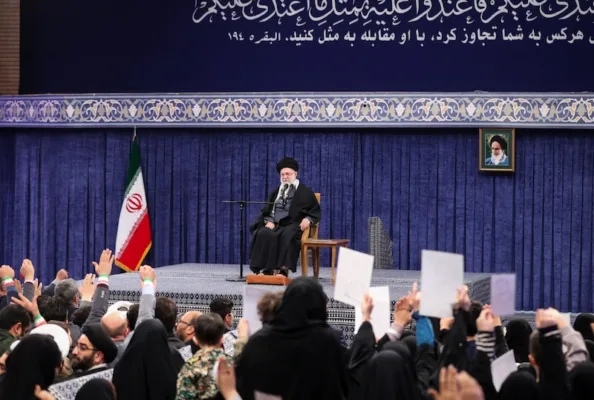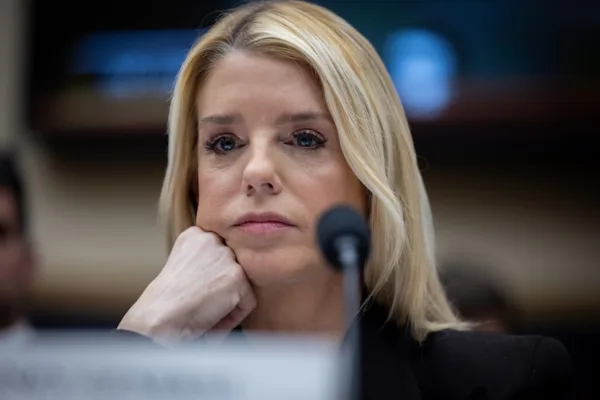Vice President Biden’s Visit to Turkey Leaves Mixed Feelings
Vice President of the United States Joe Biden visited Istanbul this weekend after addressing the World Economic Forum in Davos, Switzerland. As expected, the weekend’s meetings with Turkish President Recep Tayyip Erdogan, Prime Minister Ahmet Davutoglu, and other government officials focused on the strong partnership and cooperation between the United States and Turkey in the fight against ISIS in Syria and Iraq. However, the visit also shed light on areas of growing discord between the two NATO allies.
Leading up to the visit, Vice President Biden denied any differences between the United States and Turkey regarding Syria, stating that he believes Turkey and the U.S. will reach their “common objective in Syria.” However, there is more to the story. Turkey and the U.S. strongly disagree on a fairly important factor in Syria, the role of Kurdish militants known as the People’s Protection Units (YPG), which is the military wing of the Syrian Kurdish Democratic Union Party (PYD). While the United States considers the YPG a key ally in the fight against ISIS, the Turkish government views the YPG as tied to the PKK, an internationally-recognized terrorist organization with which Turkish Security Forces are engaged in military operations in Turkey’s southeast. It is already difficult for Turkey to swallow the United States’ military support for the YPG in Syria. Further complicating things, Turkish Foreign Minister Mevlut Cavusoglu announced that Turkey will boycott the upcoming Syria peace talks if the PYD is invited, although the United States sees the group as a key opposition force that should be present at the table.
Addressing Turkey’s violence with the PKK, Biden emphasized that the PKK is among the terrorist groups that “threaten and do harm and are of severe consequence to the interests of the people of Turkey.” Biden acknowledged that the Turkish government must do what it has to in order to protect its people, while also encouraging a dialogue to find a peaceful resolution.
Vice President Biden brought one more issue to the surface this weekend, that of freedom of expression in Turkey. Biden met with a group of journalists and civil society members in Istanbul, notably the day before meeting with Turkish leaders, and offered criticism of the government’s decision to pursue the academics who signed a petition to end violence in the southeast. He urged a “change of attitude” toward domestic critics. His comments seem to have struck a nerve with President Erdogan, who responded with a call for more sensitivity from Turkey’s allies in its fight against terror.
From an American’s perspective, Biden’s words, along with earlier comments by U.S. Ambassador to Turkey John Bass regarding concern over freedom of expression, were to be expected considering American policies and values. Freedom of expression, academic thought, and press are key tenets of American society, though of course our society is not without its flaws. At the same time, the topic of the PKK and terrorism is an extremely sensitive and complicated one in Turkey, especially amid the current violence in the southeast between Turkish Security Forces and the PKK.
At least the most pressing source of tension has been settled by an outside force, as the UN Special Envoy to Syria decided not to invite the PYD to this round of peace talks in Geneva. But that does not solve the greater issue of Turkey and the United States’ disagreement over the Syrian Kurds. And while much of Vice President Biden’s visit involved leaders reiterating Turkey and the United States’ high level of coordination in their joint fight against ISIS in Syria and Iraq, the criticisms offered by Biden certainly leave mixed feelings in the sphere of U.S.-Turkish relations.



